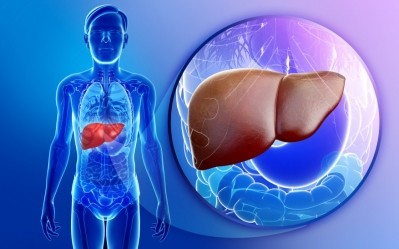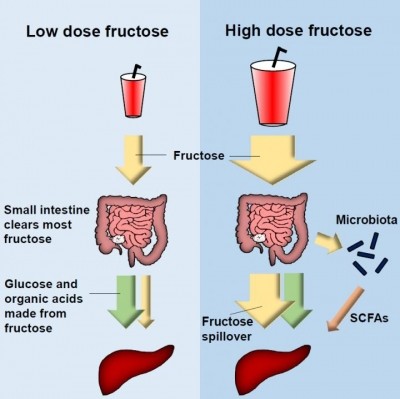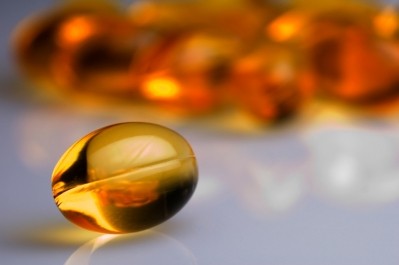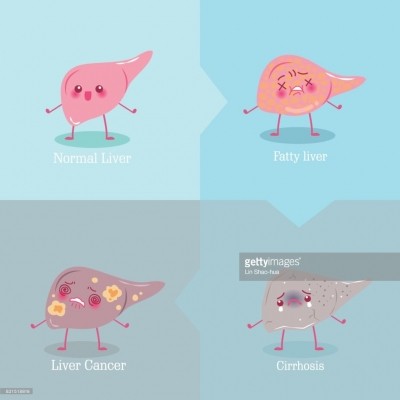Curcumin touted for metabolic benefits in people with fatty liver disease: RCT data
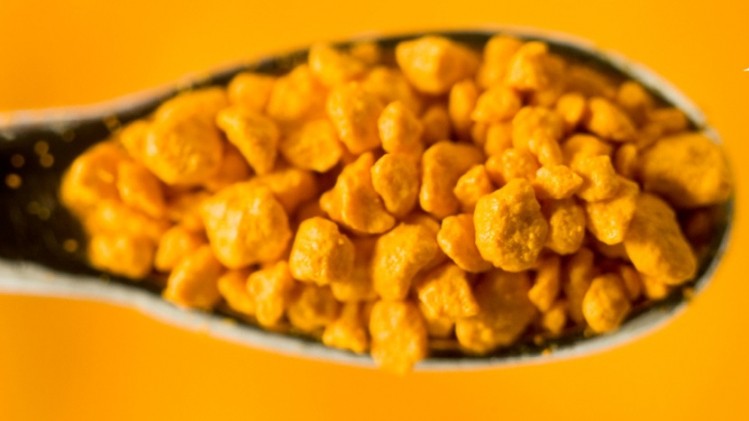
Findings from the randomised, controlled, clinical study suggest that supplementation for eight weeks can improve multiple measures of health including, BMI, liver fat levels and transaminase levels in people with non-alcoholic fatty liver disease (NAFLD).
Writing in the journal Drug Research, scientists led by Yunes Panahi at the Baqiyatallah University of Medical Sciences in Iran, reported the findings of the RCT looking at the effects of a curcumin (in the form of Indena’s bioavailable Meriva ingredient) on health measures in people with NAFLD.
The team found supplementation with 1,000 mg per day of curcumin (split into two doses) was safe and well tolerated during the course of trial, and resulted in improved metabolic and health outcomes including lower serum levels of total cholesterol and significantly improved ultrasonographic results.
Furthermore, supplementation with curcumin was associated with a statistically significant reduction in body mass index (BMI) - by 0.99 points in the curcumin compared with just 0.15 points for the placebo group.
Waist circumference decreased by 1.74 for those supplemented, compared with a 0.23 reduction in the placebo group.
“Ultrasonographic findings were improved in 75.0% of subjects in the curcumin group, while the rate of improvement in the control group was 4.7%,” wrote Panahi and colleagues.
“Serum levels of aspartate aminotransferase and alanine aminotransferase were [also] reduced by the end of trial in the curcumin group (p<0.001) but elevated in the control group (p<0.001),” they wrote.
Controlled trial
The Iranian researchers enrolled 87 people with grades 1 to 3 NAFLD according to liver sonography.
Participants were randomly assigned to receive supplementation with either curcumin (1000 mg per day in 2 divided doses) or a placebo for a period of eight weeks.
Clinical data showed that supplementation with Indena’s Meriva curcumin was associated with reductions in BMI and waist circumference in addition to improved liver ultrasonography, and lowered serum AST and ALT.
Furthermore, curcumin was associated with a reduction of serum levels of total cholesterol, LDL cholesterol, triglycerides, non-high density lipoprotein cholesterol, and uric acid.
Commenting on the research, Antonella Riva, product research manager at Indena noted that NAFLD is the most common chronic liver disorder in the Western Countries, affecting 30% of the general adult population, up to 60-70% in diabetic and obese patients.
“This is the first clinical study investigating the effects of Meriva in improving liver health; the positive results we obtained show that our bioavailable curcumin formulation may help to improve the health status in these subjects,” he said – adding that new data supporting Meriva in fatty liver will be presented at the coming 11th World Congress on Polyphenols Applications later in June.
Source: Drug Research
Volume 67, Issue 04, Pages, 244-251, doi: 10.1055/s-0043-100019
“Efficacy and Safety of Phytosomal Curcumin in Non-Alcoholic Fatty Liver Disease: A Randomized Controlled Trial”
Authors: Yunes Panahi, et al
